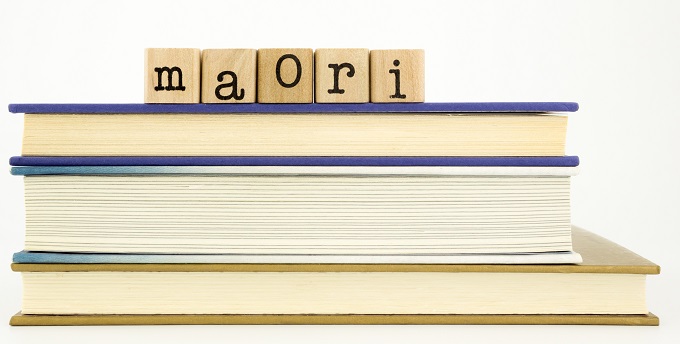
© vinnstock Images - stock.adobe.com
Kelvin Davis made the announcement at an awards ceremony in Waikanae today, for 70 people from Kāpiti, Horowhenua, Porirua, Hutt Valley and central Wellington graduating the programme.
“Te Ahu o te Reo Māori has always been about strengthening the education workforce to use te reo Māori regularly and correctly, and I’m excited by the progress we’ve made so far,” Kelvin Davis said.
“Now 527 people have already graduated with a good grasp of te reo and even better, they’ll be using it every day in our early learning centres and classrooms; making it the norm.
“We know that this will improve interactions and relationships with students, parents and whānau – meaning better outcomes for our kids.
“Last year we announced $12.2 million for Te Ahu o te Reo Māori, and this is just part of a package of new initiatives for Māori education. We have also announced new funding for Kōhanga reo, a focus on Māori in our teacher supply package, Te Kawa Matakura to grow future young Māori leaders and Te Hurihanganui to address racism and bias across the system.”
Te Ahu o te Reo Māori has been delivered in Taranaki, Waikato, Kāpiti-Horowhenua-Porirua and Te Waipounamu this year, with another 120 participants going through the programme in Waikato in their second intake beginning this month.
The programme will be reviewed in coming months, with decisions made about future implementation in the new year.
“It makes sense to take stock of the mahi and I’m hugely encouraged at this stage. If we can look back and say we’ve helped normalise the use of te reo in our classrooms, then I can’t see any reason why we shouldn’t continue,” Kelvin Davis said.
The much-delayed English draft curriculum is now out for consultation, generating discussion from teachers.
Research from AUT demonstrates arts, culture and recreation have positive impacts on all aspects of…
How effective has the school phone ban been in achieving its aims? Researchers from the…
School camps and excursions deliver hands on learning experiences, helping to consolidate classroom learning.
Innovations in AV technologies present new opportunities to engage with students. We look at how…
A new report from the University of Auckland’s Our Voices Project asks young people what…
This website uses cookies.